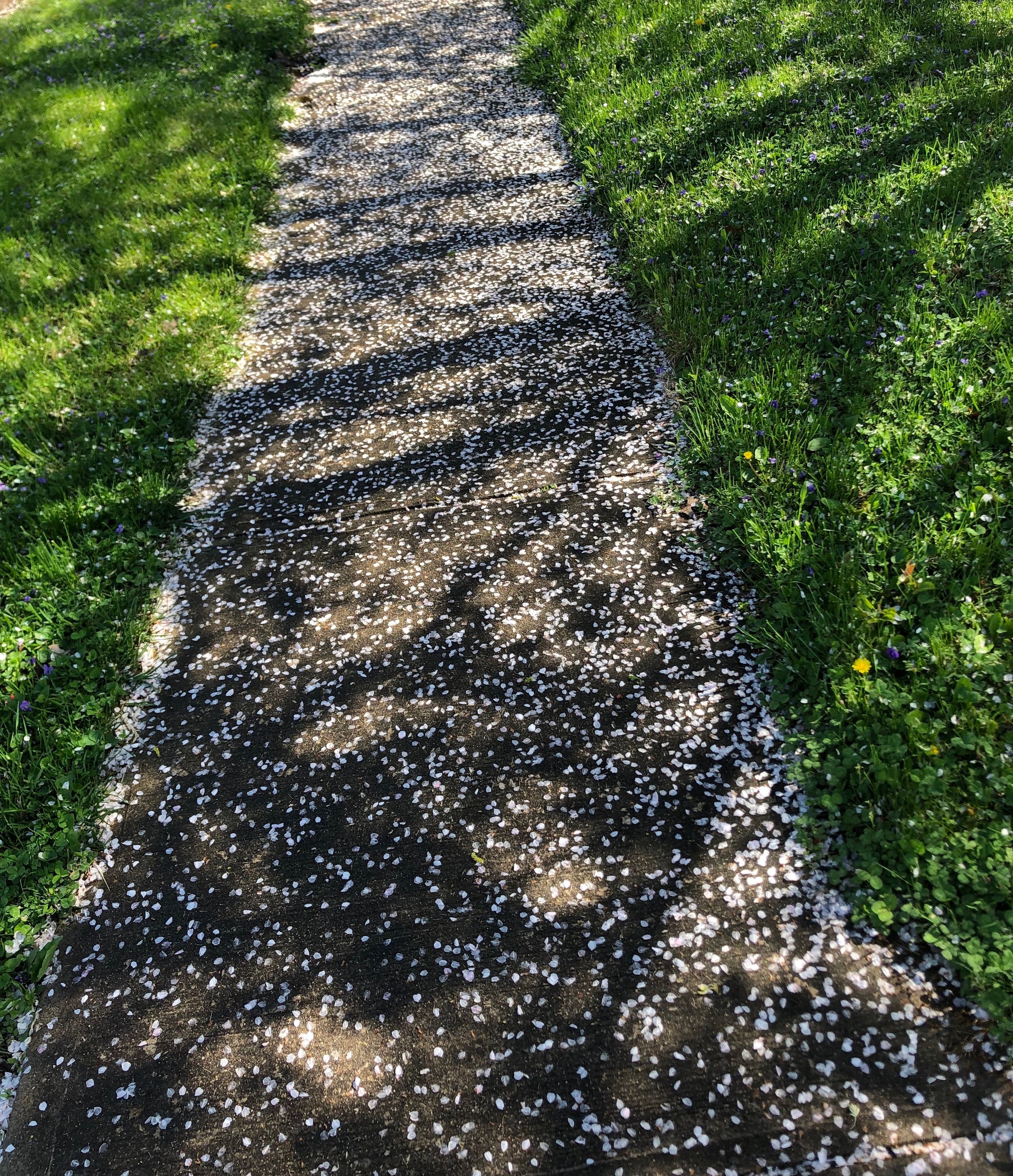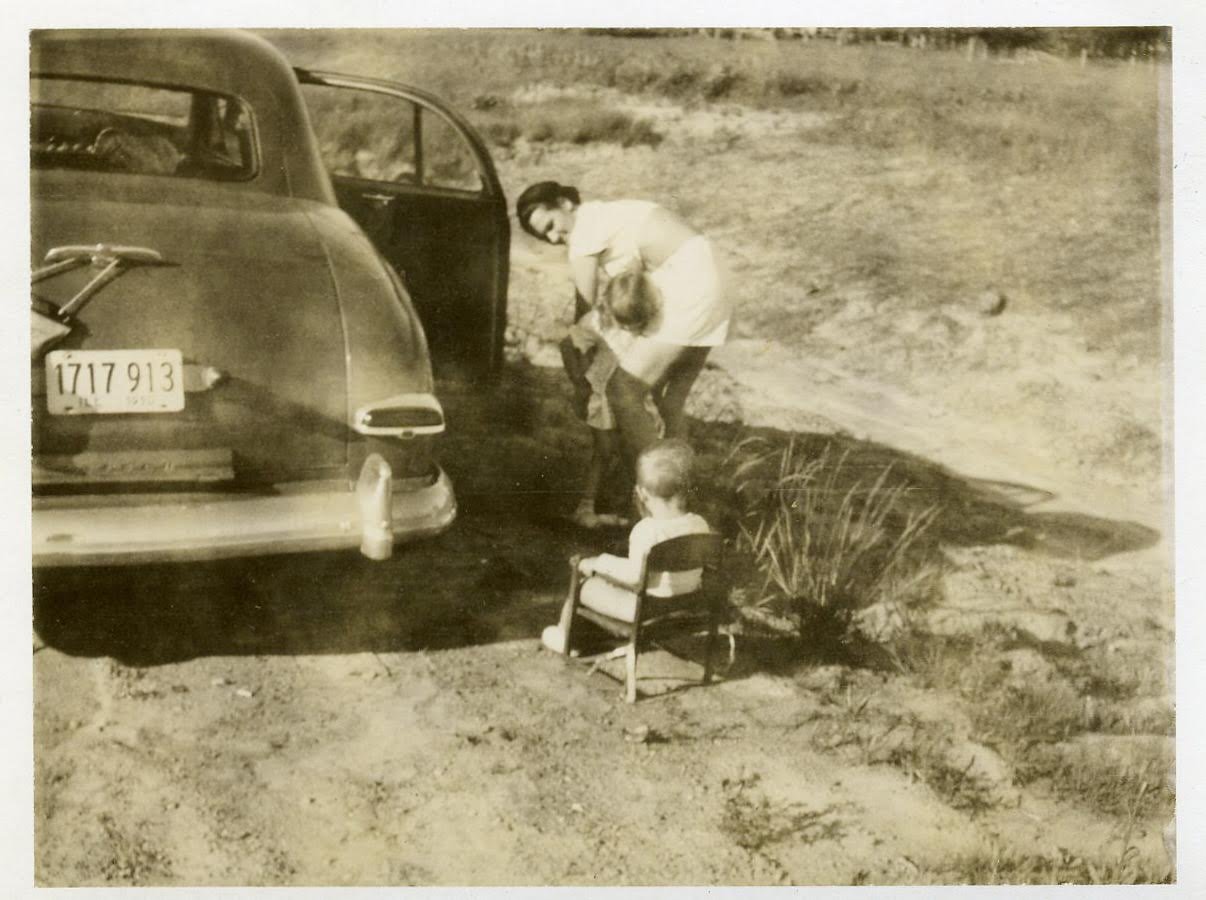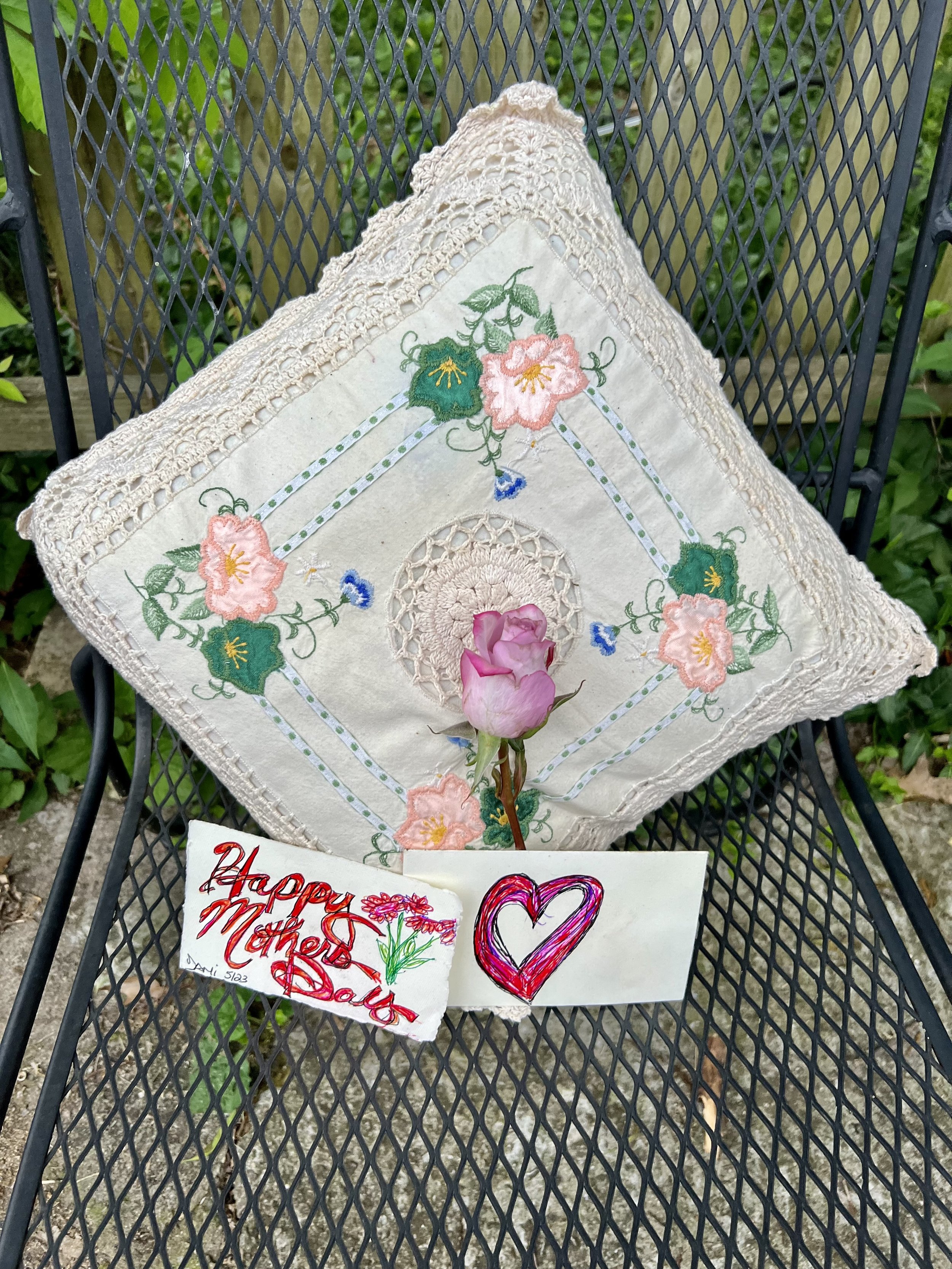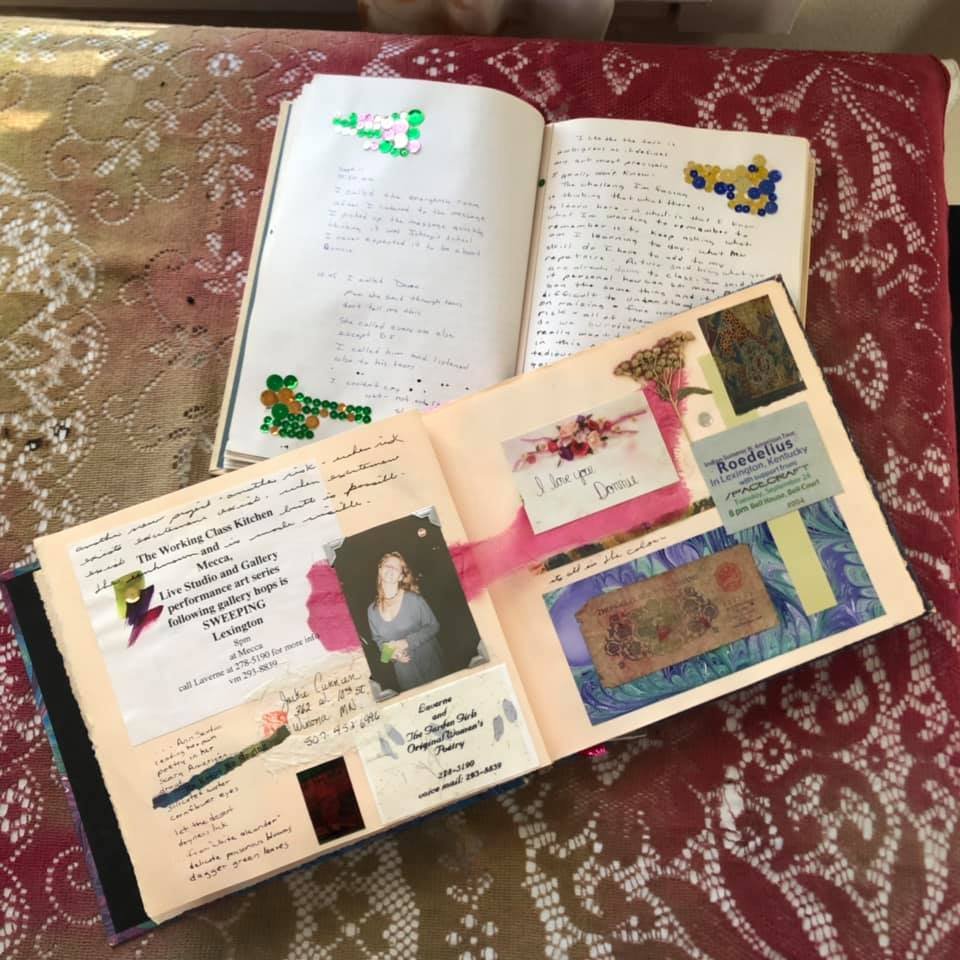It all started when I realized that I always say no after a dinner party when guests, usually women, offer to help clean up, do the dishes. It’m not ready to leave the party zone, the family dinner. I want to linger in the glow of conversation, the warmth from love and food. To jump up and do dishes feels like work, it’s a struggle. I feel pressure. I don’t mind waiting to clean up slowly, one countertop at a time, gather empty glasses on end tables and remember bits and pieces of conversations as I pick up dishes, blow out candles, and scrape scraps into the compost.
Work vs Pleasure
Finding the right balance to sustain a life of pleasure.
A friend posted on Facebook, “I have become overwhelmed by my potential. I need to get out of my own way so that I can pursue all that I dream. I can see what I am capable of accomplishing. Only it’s beginning to feel like too much work. I have a strong work ethic and don’t want to appear weak or lazy. And while I have heard those phrases, the less you work, the more you make, the concept just doesn’t seem to fit.”
There were many posts in the comment section. I was impressed that so many of her friends were so aware of their potential. “We need a Brag Group!” I said. We often create online spaces where we can feel safe to express our concerns and weaknesses. We seldom create places where we can just brag without fearing that subtle critique from childhood, “Who does she think she is?” When that is exactly what we eventually begin to realize. It’s no longer who we think we are, it’s who we know we are. We begin to see all the challenges we have overcome, recognize all we have learned, the elixirs have been uncovered and we realize we are heroines on a path, we have a legacy, and it must be shared.
Based on Joseph Campbell’s work that a set of principles guide our life, Christopher Vogler writes, “Trust the path. Keep marching ahead to the next stage of life.” It’s when we listen to our body and trust that our instincts are good and natural we find a place where we will feel all our potential.
When you are feeling overwhelmed it is worth listening to your instincts. And if it feels like too much work, don't do it. At least not yet. I understand this dilemma. It used to frustrate me, and I would push on, no matter what. Now I realize this is a message to listen to your body’s wisdom. It speaks to you in many forms; emotions, pain, thoughts, and the personal critiques and edicts that you don't often want to hear. The key word is feel. This is the most important thing you need to pay attention to every day. How do I feel? Your internal dialogue, “it’s too much work,” is telling you to pause and decide if another more pleasurable approach is possible. This is your first clue as to whether or not it is something you want. Ask yourself, “Do I really need to do this? Where’s the playfulness?” When you make every task playful, when you find pleasure in what you're doing, you will be prolific. Ultimately, that’s the goal: To be playful and pursue life with pleasure.
My suggestion is to devise strategies to fall in love with every layer of your life, every task, including accounting and bookkeeping, cleaning and organizing, going through old photos and letters discovering where you came from and what you’ve accomplished. This means transforming every bit of marketing into being in relationship with others, making love to your friends and clients by the way you communicate.
Falling in love with every aspect of your life is where your 3creative legacy lives. When you trust your instincts, discover all the layers of life you have managed and the challenges you have overcome, you are able embrace the heroic journey you have been traveling, you know what to cherish. You find the thread that weaves it together and identify your elixir, the magical potion that contains all that you have acquired and desire to share. This is how your experience the sensation of trusting the path and developing your life story instruction manual.
Developing a new strategy means that everything you do must contain the same amount of energy and excitement. I often refer to this as being continuously artful. However, since many people cannot relate to the term art, artist, or being artful, I also refer to it as being playful and giving pleasure. It’s all about feeling. When you are creating a new piece of art, or developing a program, or designing a structure, or writing a poem, you know that feeling you have inside when you are in the zone of creativity. That same feeling has to be present when you are preparing to advertise your creation, to market it, the letter you write to promote it, the records you keep for documentation. When being creative, balance and emphasis are two of the principles of design. You can find balance when working on your spread sheet simply by making each column balance and you determine emphasis when you decide what’s important when you evaluate your closing statement.
Recently while digging through my collections of poetry and photos I found a poem I had written in 1983. It revealed to me when the power of feelings first began to resonate. I had received a note from my son’s teacher. He was three and a half. I was a hair designer at the time, and of course, each time Danny John came into the salon he wanted a haircut. I was so devastated by his teacher’s comments that I momentarily began to question my entire parenting style. Seeking pleasure in this disturbing situation, I ended up writing a poem. And so began my life of responding creatively.
Punk at three and a half
We got a note from his teacher
I mean, he’s only three and a half
It’s the sillies, she said
he’s got the sillies
he won’t settle down
and do his work
he’s just too silly
having too much fun
he doesn’t seem to know
what is socially unacceptable.
I’ve been wondering what would happen
all this freedom he’s been having
I never say no
unless
it’s morally wrong
or
physically damaging.
So this is how he turned out
too silly.
What is socially unacceptable, anyway?
I ask.
Playing in his food.
Interesting, I say, considering
his favorite friend is an artist
and she calls food art
and Hershey’s syrup food paint.
Maybe he’s making food art?
And about his hair
maybe it would be better
if he didn’t get it cut so short
it disrupts the class
the children gather ‘round him
what did you do to your hair?
they ask
and they all want to touch it.
Oh my God
they want to touch him?
He’s the one who wants it cut so short
do you think it could be
he likes to be touched?
So this is how he turned out
too silly
having too much fun
and he likes to be touched
What is socially unacceptable
anyway?
(c) 1983
Danny John wanted to be playful and have fun, even though these qualities challenged social norms. After writing the poem I gained insight into his experience and was better able to understand my feelings. By the time Danny John was seven his feelings began to reveal themselves again during a family therapy session. My recent marriage had blended two families. Out of the combined 11 children, there were six living in our home. We had decided that a group session would be a good way to bring everyone to the table and create a safe space for them to express themselves. We went around the room and each child told what it was like to live in our family. Danny John was last. He said he didn't like it because he had to do all the work. Of course, we all looked at each other, aghast, since we thought he hardly did anything. Clearly, he felt he did too much work emphasizing it wasn’t what you did, it's how you felt. Friedrich Nietzsche said, “There is more wisdom in your body than your deepest philosophy.” Let’s pay attention.
For instance, I refuse to feel pressured. Lately, I’m not sure if I'm always working, or never working. I work to fill stations, not to finish projects and I love every step in my process. When I’m writing and I get stuck, I move on to ironing the silk that I have recently dyed. Now that could be seen as work, especially if I don’t want to do it but feel obligated in order to satisfy a deadline. But when I can iron and also ponder an idea I’m writing about, or a letter, suddenly it is not work.
Arrange everything so that you can pace yourself and be artful. Write down goals, however, you don't constantly have to refer to them. When I look back at things I wrote down three months ago, I find that many have been accomplished. George Szekely, a strong advocate for play and the creative process, says, ”All work is guaranteed to get better if one stays with it.”When we make the work playful we tend to stay with it longer.
Recently I was talking to my brother who lives in Chicago. I am frequently making suggestions for things he should do. He always replies, “that’s too much work.” I used to not take him serious. Now I can see that living a harmonious life is important to him and deciding to do things that might interrupt that flow are just too much work. He stays focused on what matters most, delegates when possible, is prosperous and always has time for friends and family.
Yes, getting out of your own way is an important distinction regarding choices and taking risks. The way to weed out unnecessary tasks is by seeking the playful pleasure factor. If you can’t find a way to make it fun, don’t do it. Something else that leads you to your goal will fall in it’s place. Listen to your body’s wisdom. She’s got something important to say. It’s all about feeling. Louis Armstrong said "what we play is life.” Make that your goal. What I’m playing at now is making a Creative Legacy Recall Playbook where I will collect significant photos, stories and life writing. What will give me great pleasure is to include my poem Punk at three and a half. Thirty two years have passed since I wrote it and DJ has become a fine young man. I no longer doubt my parenting style, I claim the creative legacy of the heroine’s journey and I want you to claim yours, also.























